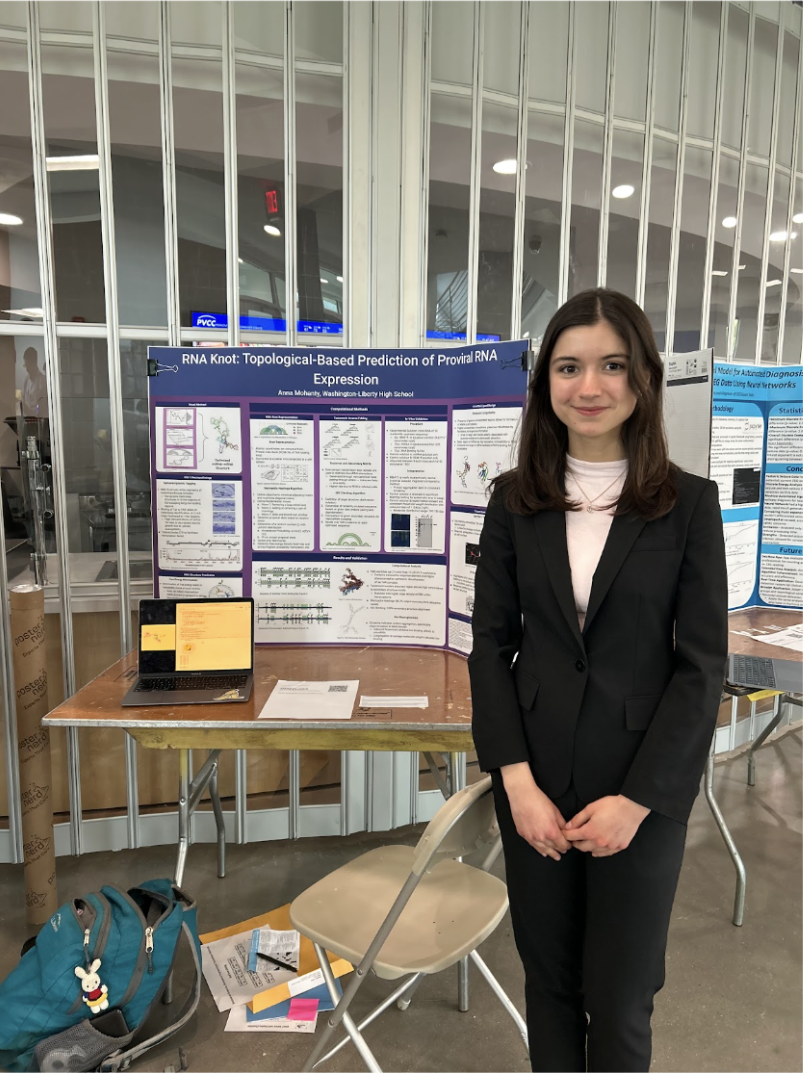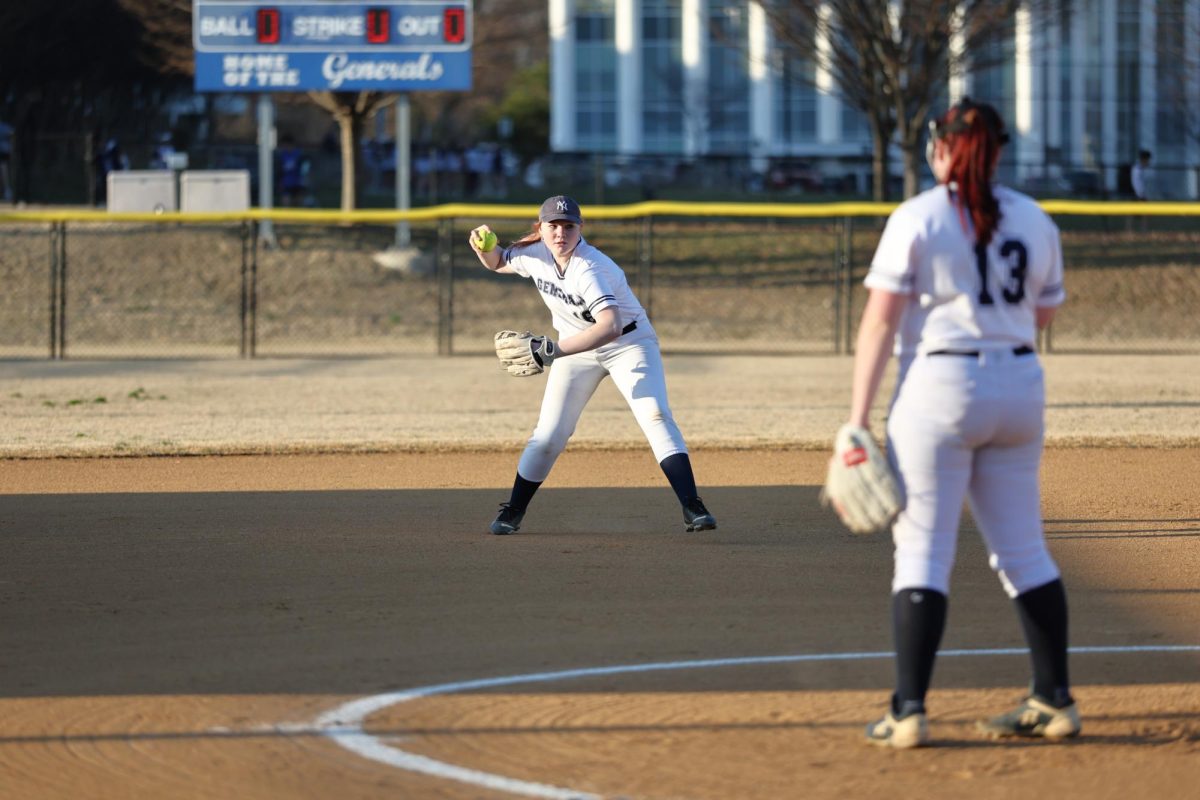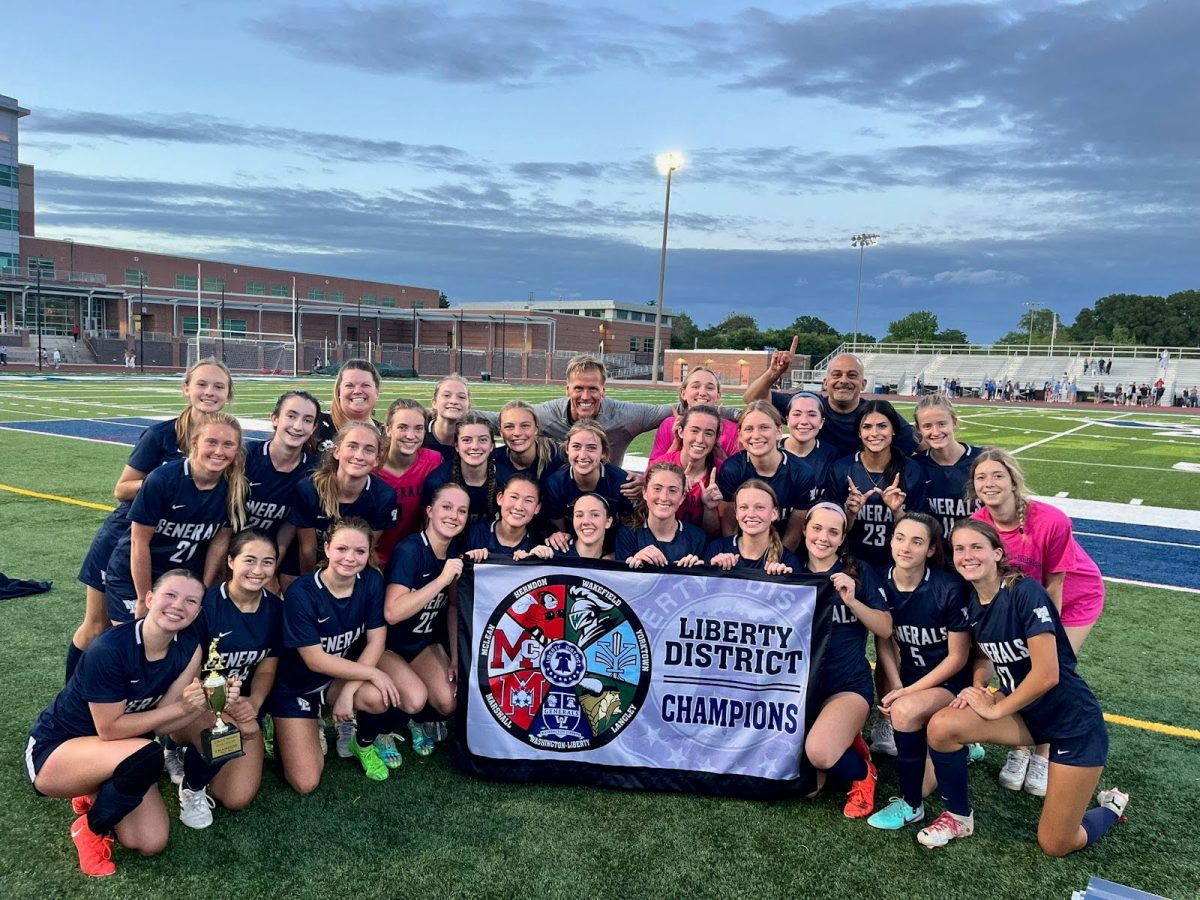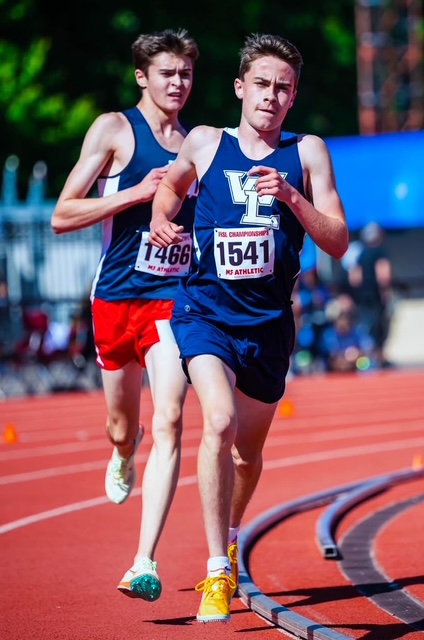Injuries are an inevitable part of any athlete’s career. However, their effects often go beyond physical setbacks. For many athletes, injuries that take them out of their sport cause not only physical pain but also mental challenges and emotional strain. Recovery times vary, depending on the severity of the injury, but those who suffer serious injuries can be out of their sport for a long time. These setbacks can significantly disrupt an athlete’s daily life. With many active sports programs, our school’s athletes face the same risks—and consequences—as professional competitors.
Junior Iman Ali, a striker on the girls’ varsity soccer team, is just one of many student-athletes who were forced to stop playing due to injury. She described the incident and the reasons behind it.
“Last year, I was playing in a soccer scrimmage at [the school],” Ali said. “I play striker, so I was running to press the defender who had the ball. They passed it to my left, so I had to change direction. When I planted my right foot to make the turn, something in my knee gave way and popped, and then I fell. Immediately after I fell, I could tell something felt wrong. The initial pain wasn’t too bad because of the adrenaline, but when I was sitting out, the pain increased. I was hoping that I had just hyperextended my knee or torn a different ligament, but I kind of knew in the back of my mind that it was my ACL.”
The injury had lasting emotional and mental effects. The abrupt halt to playing the sport she loved and spending time with teammates took a heavy toll.
“My injury definitely affected me emotionally and mentally because I was used to playing soccer multiple times a week, sometimes even multiple times a day, and this just dramatically came to a stop,” Ali said. “Also, after around three to six months post-surgery, my recovery felt really slow, so I felt really stuck at that time, as I was not progressing as quickly as I wanted to. Sometimes it was tough to stay positive because I would see my friends and teammates going to games or tournaments, and I could not be a part of that.”
Injuries can be incredibly difficult to cope with, which is why having a strong support system is crucial. Ali credits her parents and teammates with helping her through the early stages of recovery when she was unable to walk.
“My parents helped me throughout the whole process, especially the first couple of weeks after surgery when I couldn’t walk,” Ali said. “I kept in touch with coaches and showed up to games when I could. My teammates would always check up on me and ask me questions about my stage in recovery and were always encouraging about my return.”
Now fully recovered, Ali reflects on her journey and the lessons the experience taught her.
“I learned to listen to my body,” Ali said. “My knee was bothering me for about a week prior to my injury, but I just ignored it. I also overcame a big fear of mine, which was tearing my ACL. Working through my injury and recovering helped me be patient, as it was a really long recovery.”
Senior varsity girls’ soccer player Sienna Merrill also shared her experience with injury—and hers was even more severe.
“I’ve had two ACL surgeries. I tore my ACL the first time playing club soccer, and the second time during high school soccer against Yorktown,” Merrill said. “I tore my ACL, meniscus, MCL, PLC, and dislocated my kneecap.”
Despite enduring two serious injuries, Merrill stayed positive throughout her recovery thanks to her support system.
“I had a really great support system surrounding me—my parents, family, teammates, club, friends, and even my teachers,” Merrill said. “They made it easier to stay positive and look for the good, even when it was difficult.”
Though her second injury was far more serious, Merrill pushed herself to return to the sport she loves.
“My raw love and passion for my sport,” Merrill said. “Whenever I found myself wallowing in those tough moments, I would remember the joy my teammates and playing brought me, and that was enough to motivate me through the toughest times.”
Merrill’s recovery journey was both physically and mentally demanding. Now, as a lifelong athlete, she shares meaningful advice for other injured athletes still working toward recovery.
“My only advice is that everything is temporary,” Merrill said. “For any competitive athlete, an injury can feel like the end of the world—and trust me, I felt the exact same way when I first injured myself. But as time passed, I recovered and returned to the field. The lessons I learned and the people I met were incredible. It really changed my mindset, both as a player and as a person.”














